Donating your old items is a noble way to give back, but it’s important to face the fact that not everything belongs in the donation bin. Some things are just too worn, broken, or unsanitary to be reused by someone else, and giving them to charities will just create more work for them. To save everyone time and effort, let’s take a look at some commonly donated items that are better off in the trash.
Broken Electronics
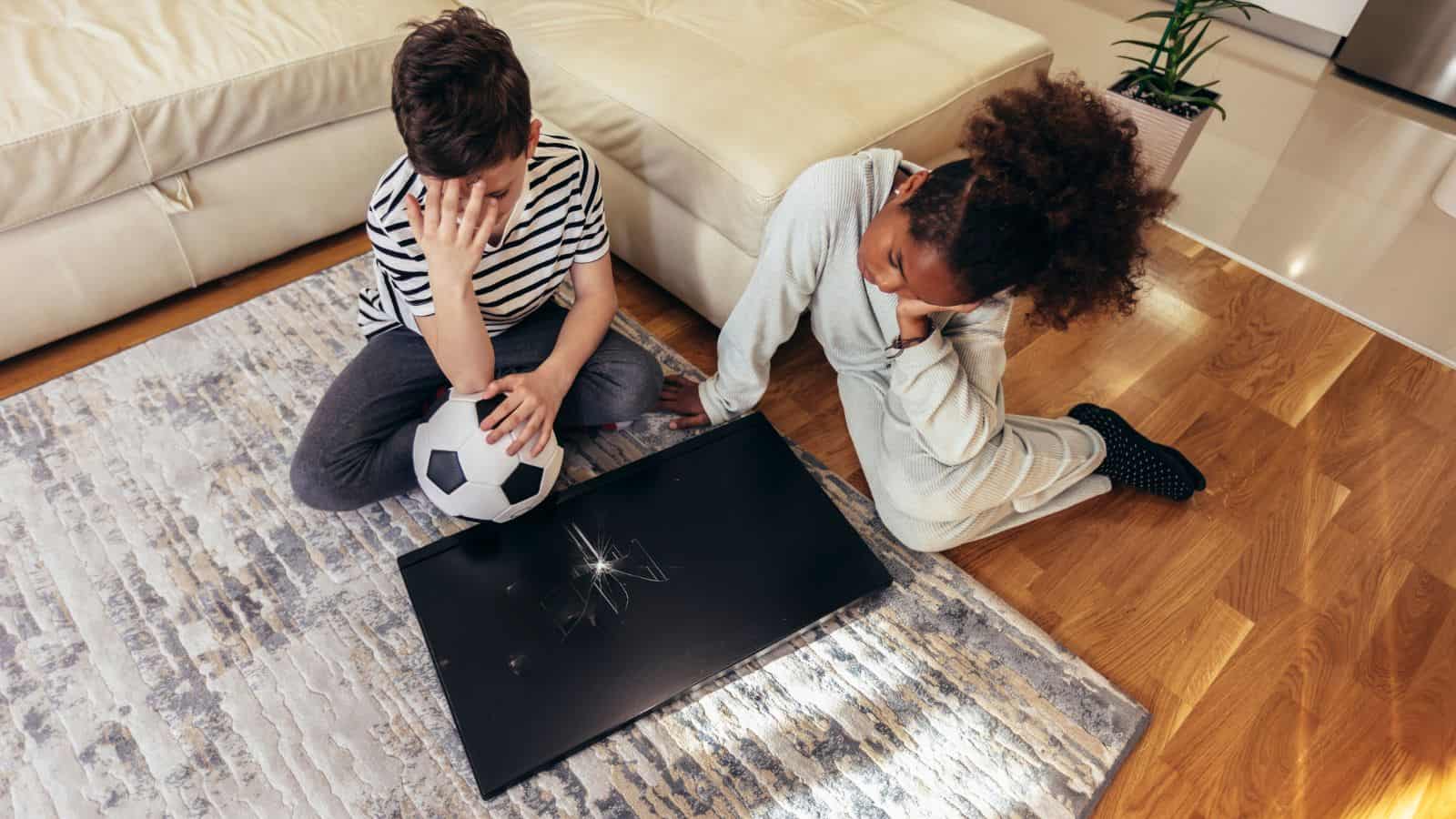
Some people think that charities might find a use for gadgets, even if they’re broken or faulty. However, in reality, they just don’t have the resources to fix them, and many donation centers won’t accept them. Instead, it’s better to look into electronic recycling programs in your area that can responsibly dispose of or repurpose parts devices that no longer work.
Stained or Torn Clothing
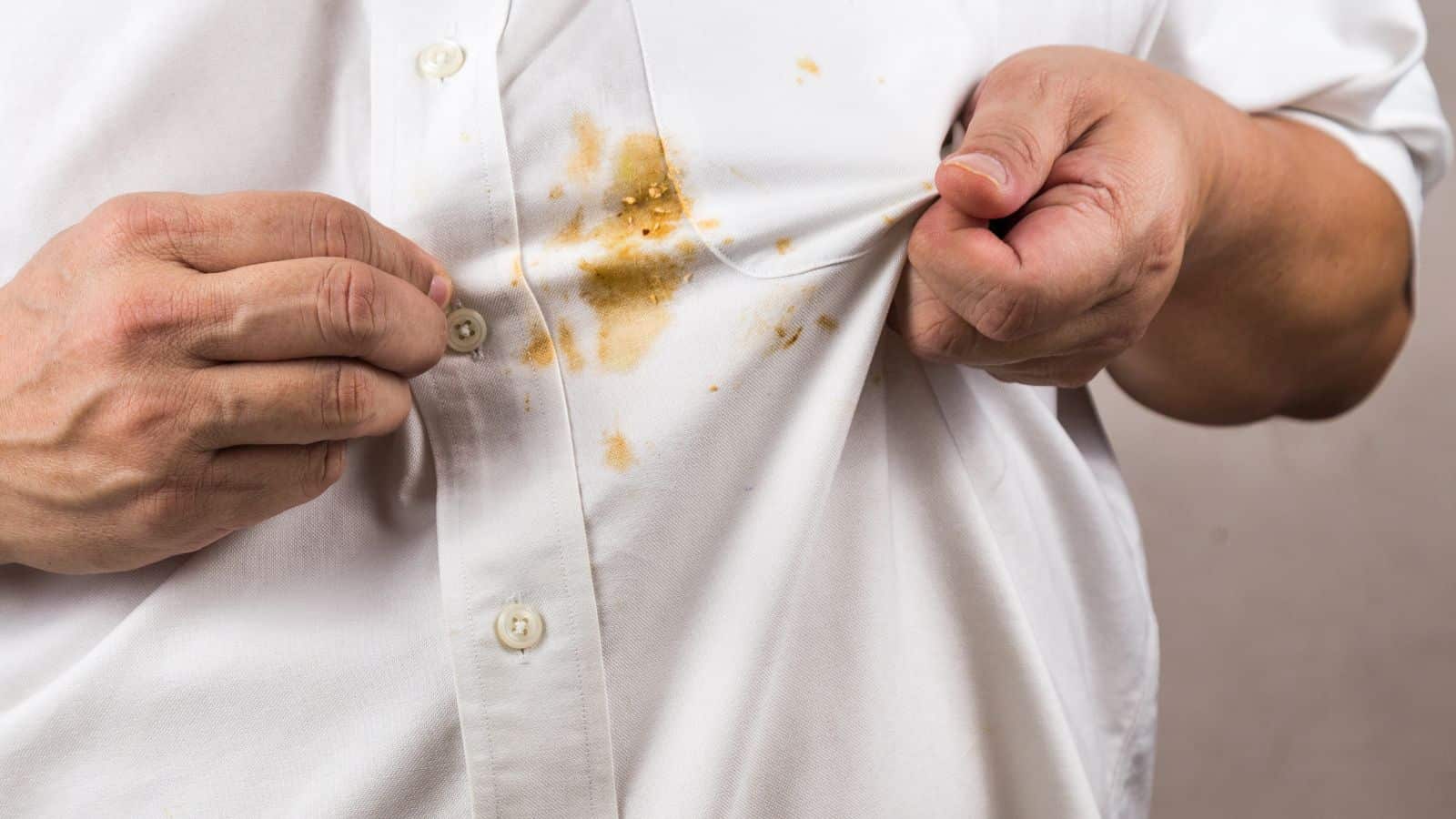
Yes, it’s a great idea to give old clothes to charity. But that changes if they have large stains, rips, or holes. Most thrift stores won’t sell or accept any heavily damaged items, including clothes. Instead of wasting your time donating tatty clothes, consider repurposing them as cleaning rags or recycling them through textile programs for scraps and fabric waste.
Worn-Out Shoes
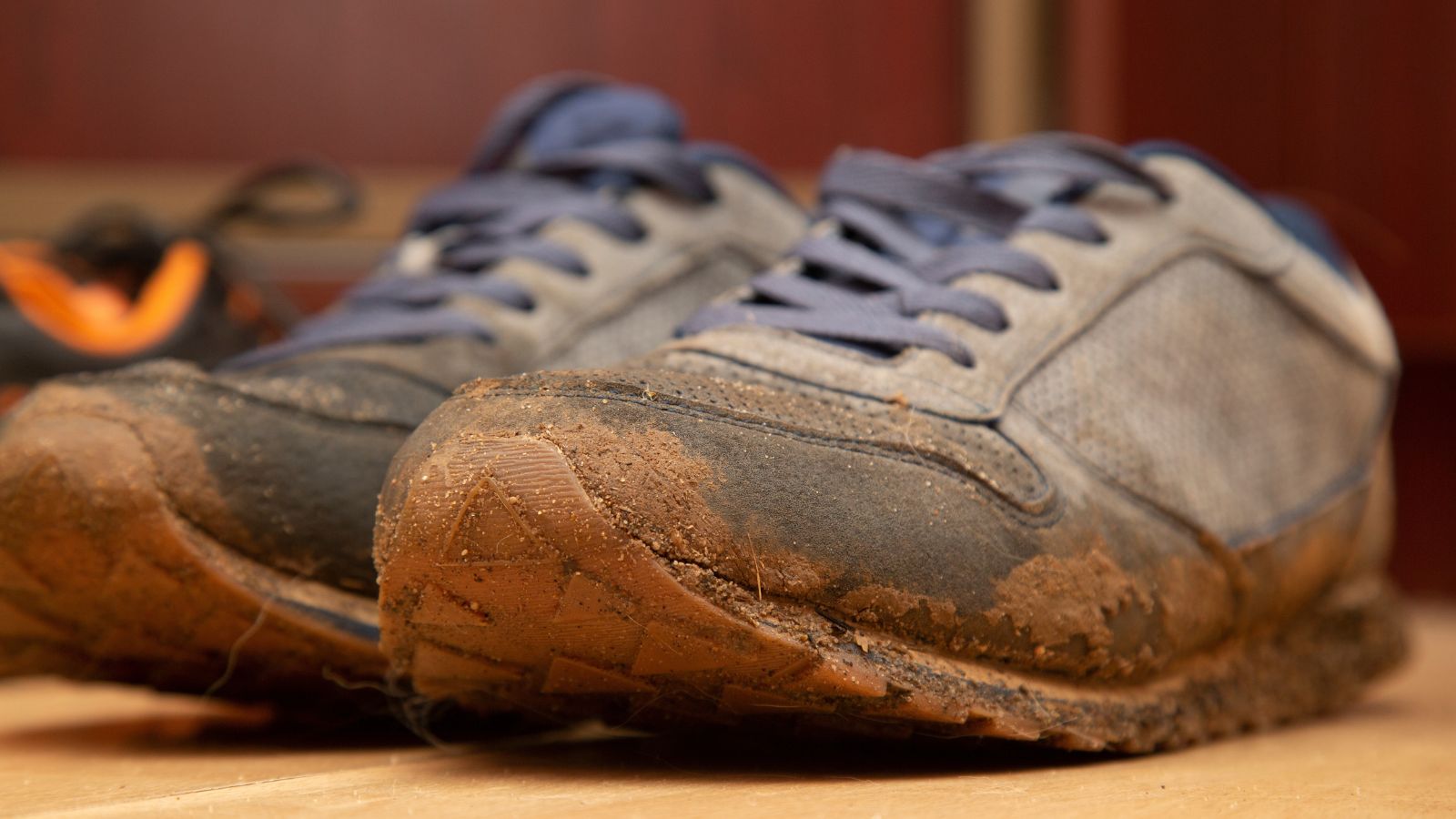
Similarly, shoes that are falling apart, have holes, or are missing soles really aren’t meant to be donated. While lightly used footwear is always welcome, anything beyond repair is better left in the trash or a shoe recycling program that can put the materials to good use.
Old Underwear and Socks
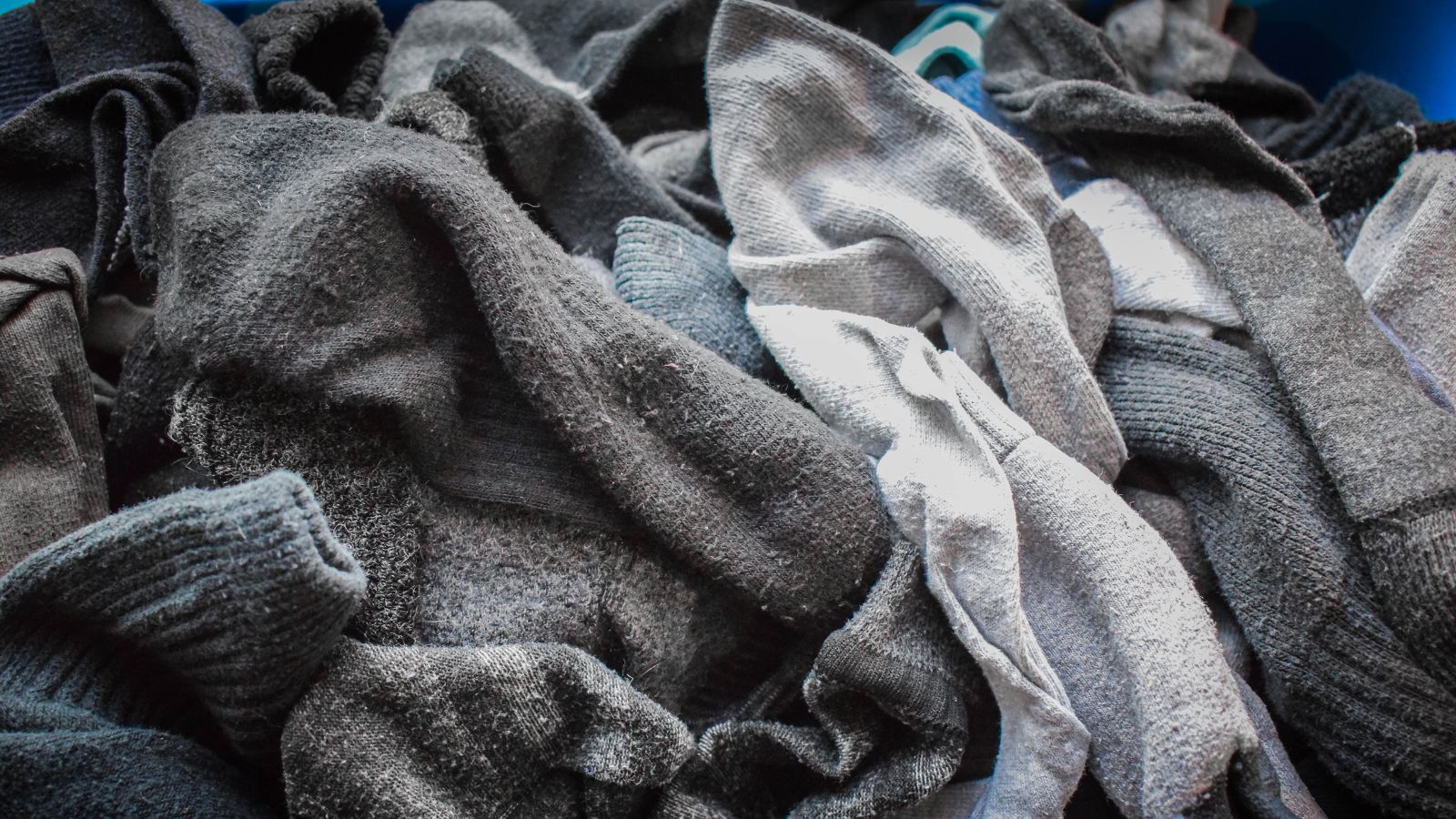
Some people mistakenly think that any old socks or underwear can be given to donation centers. The truth is that most don’t accept them at all, especially if they’ve been worn. These clothes are considered unsanitary unless they’re brand new and in the original packaging. If you can’t recycle them, it’s usually best to throw them away.
Mattresses

It’s a pain to get rid of a big old mattress, and donating it may seem like a good way to give it a new life. However, many charities won’t accept them because of hygiene and safety regulations. Even if your mattress seems fine, older ones can harbor unseen issues like allergens, bedbugs, or mold. Consider contacting a recycling center that handles mattresses, or check if your city offers mattress disposal services.
Damaged Furniture
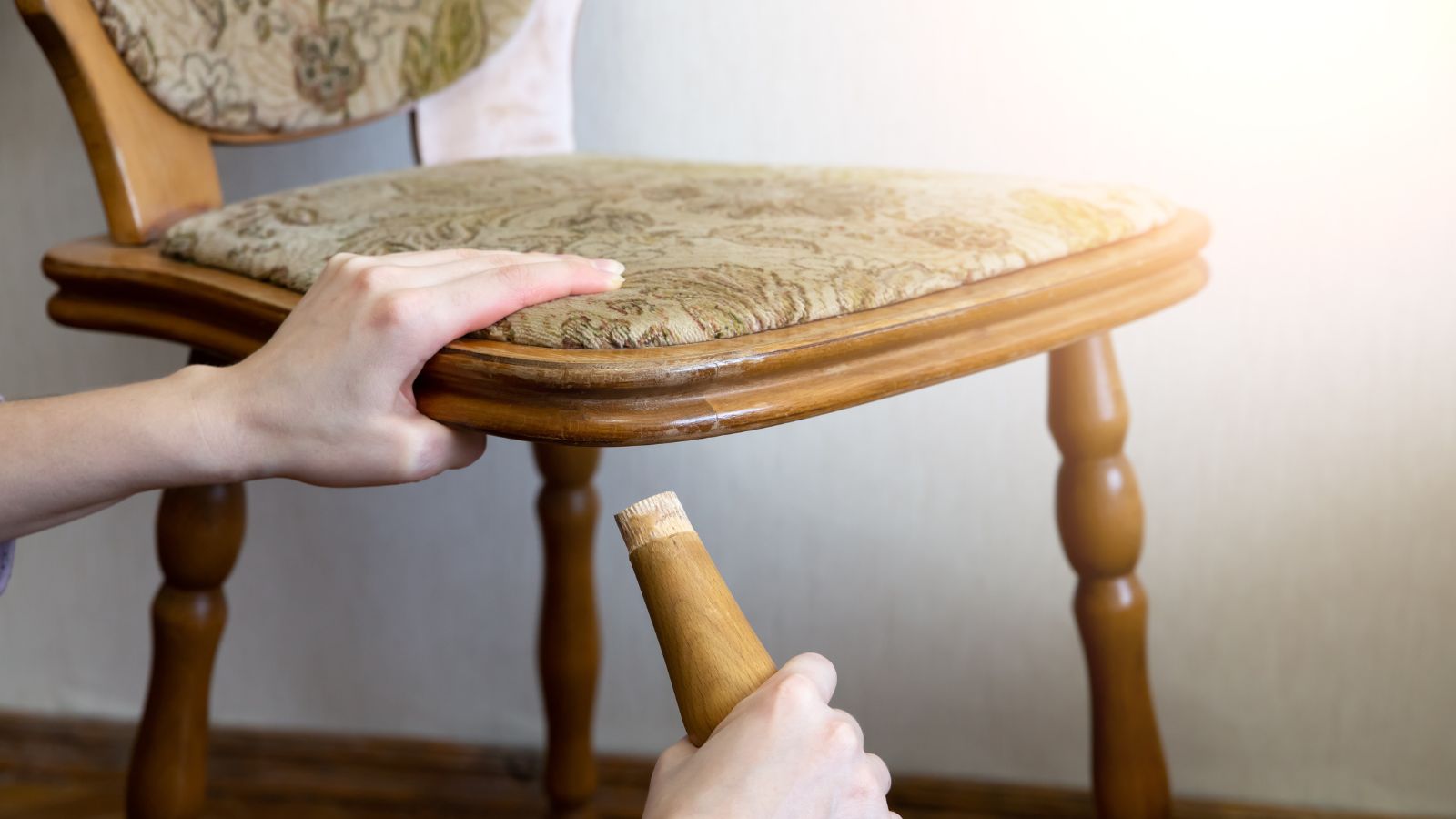
Some pieces of furniture make a perfect candidate for donation, but others are quite the opposite, especially when they’re broken, missing parts, or very worn down. These preloved items are sadly unlikely to be appealing or useful to anyone else. So instead of donating it, look for furniture recycling programs that can dismantle and repurpose the materials.
Expired Food

Food banks are always hungry for non-perishable foods, but not for anything past its expiration date. You may think it should still be fine, but they don’t want to take any chances with people’s health. That’s why it should go straight into the trash instead.
Old Pillows
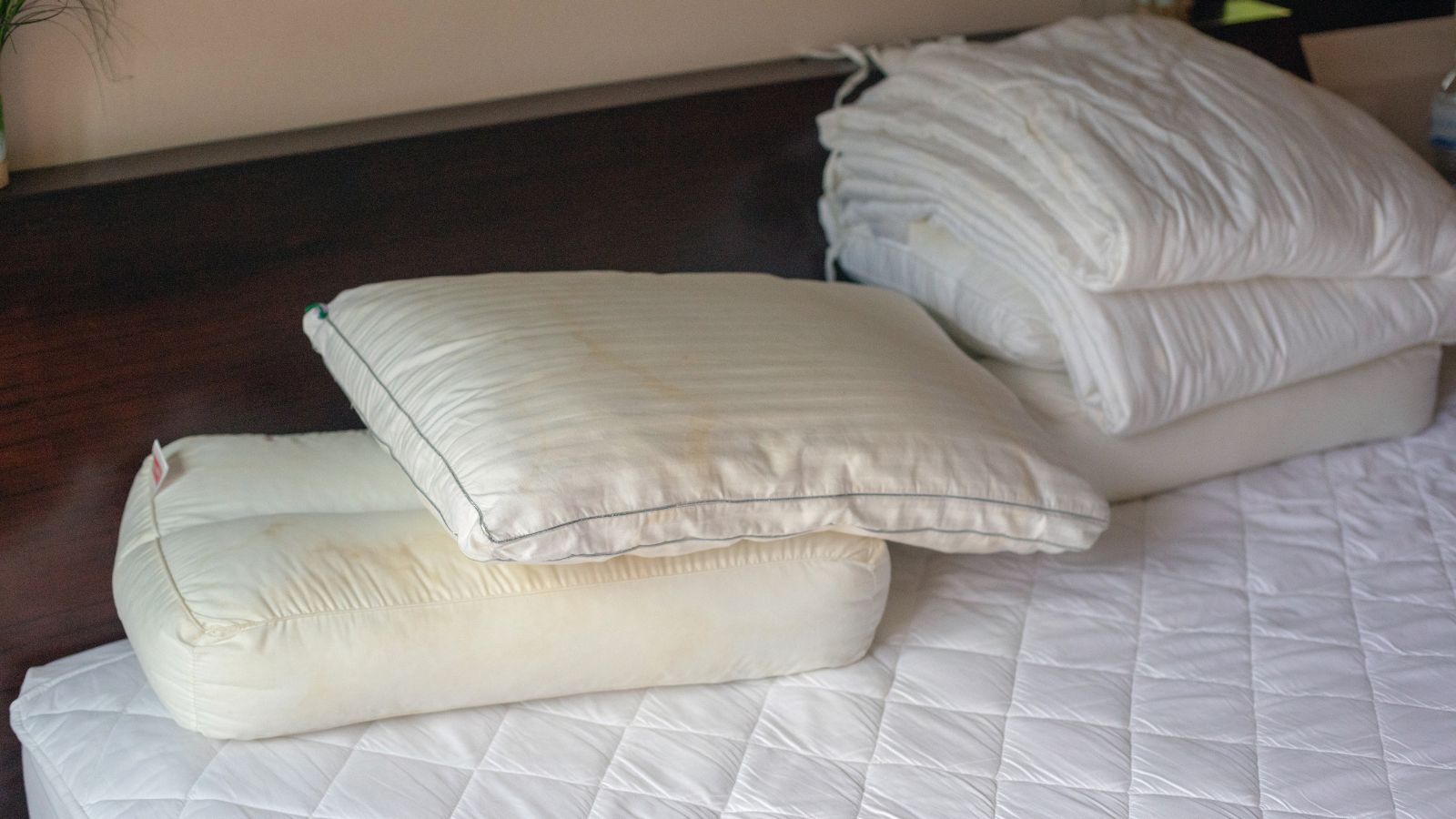
Most of us have a bunch of old pillows lying around somewhere in the house, so it can be tempting to donate them. The thing is, they lose a lot of their shape and support over time, and they’re also magnets for dust mites and bacteria. Because of these health and hygiene issues, most charities won’t accept used pillows.
Broken Toys

Once your kids are all grown up, it can be difficult to part ways with their old toys. It’s a good idea to give them a new life by donating them to charities, but not when they’re broken or missing parts. After all, kids deserve toys in good condition, and many thrift stores won’t accept toys that need repairs, so they’re unlikely to find a new home. If a toy can’t be fixed, it’s better to get rid of it.
Recalled Items

It’s very important to know that items that have been recalled for safety reasons should never be donated. This includes things like car seats, cribs, or electronics with known defects. If you want to donate something but have an inkling it could’ve been recalled, check the Consumer Product Safety Commission’s website to check first.
VHS Tapes
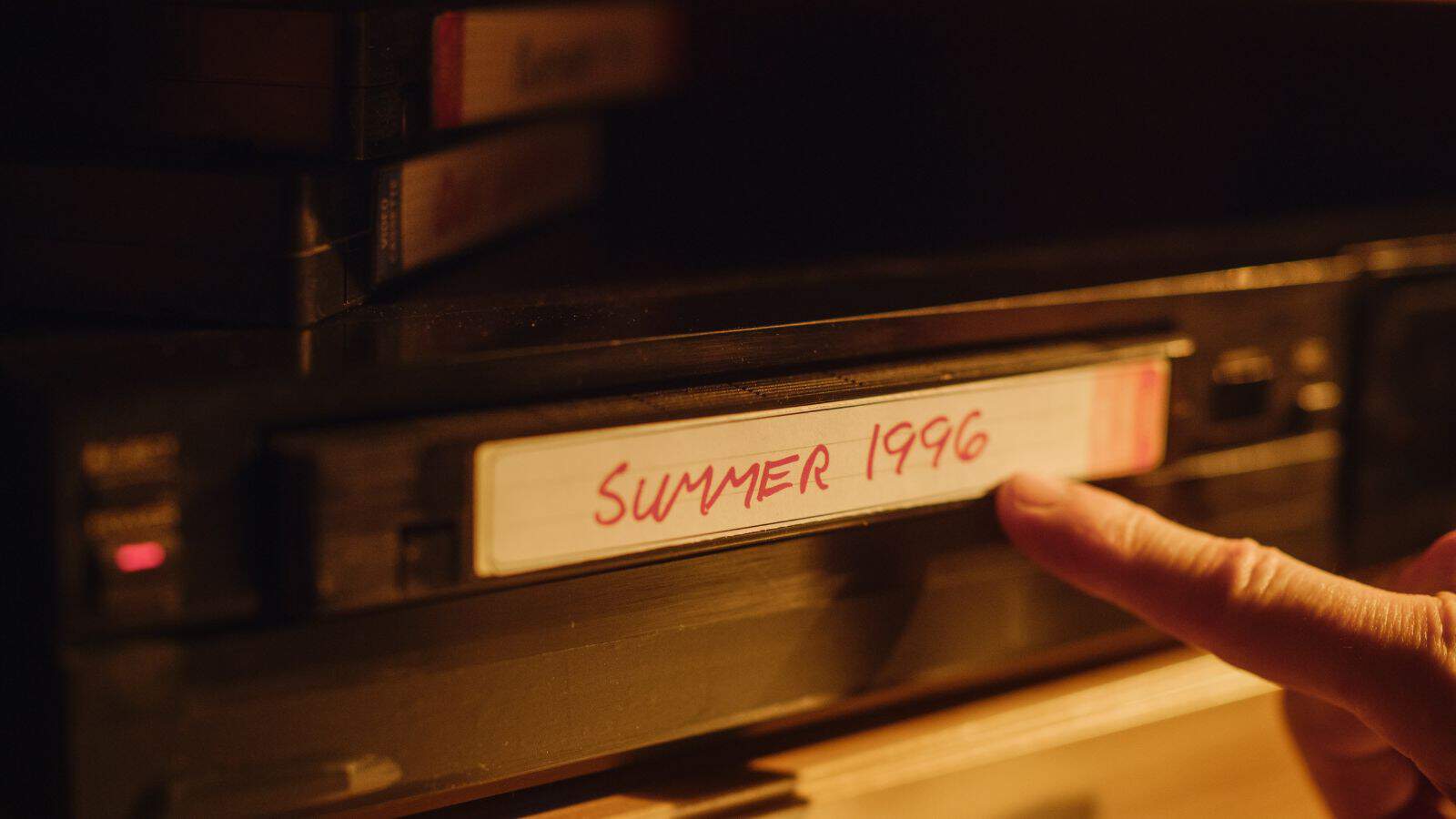
If you have VHS tapes lying around that you haven’t watched in years, you’re not alone. VHS players are practically obsolete these days, but this also means most thrift stores won’t accept VHS tapes anymore. Unless they’re rare or hold sentimental value, these tapes are unlikely to find a new home.
Outdated Magazines

Who doesn’t have a hefty stack of old magazines lurking somewhere in a corner? While you might consider donating them to get rid of the clutter, it’s usually not the best idea. Most people don’t want outdated reading material, and thrift stores often end up throwing them away for this reason. You’re better off recycling old magazines to clear your clutter responsibly.
Used Makeup

It can be tempting to give your makeup a new home if you’ve barely used it. However, they’re a no-go for donation because even if they’re only lightly used, they can spread bacteria and simply aren’t safe for others to use. Throw away anything expired or no longer needed, and recycle packaging when possible.
Opened Cleaning Products
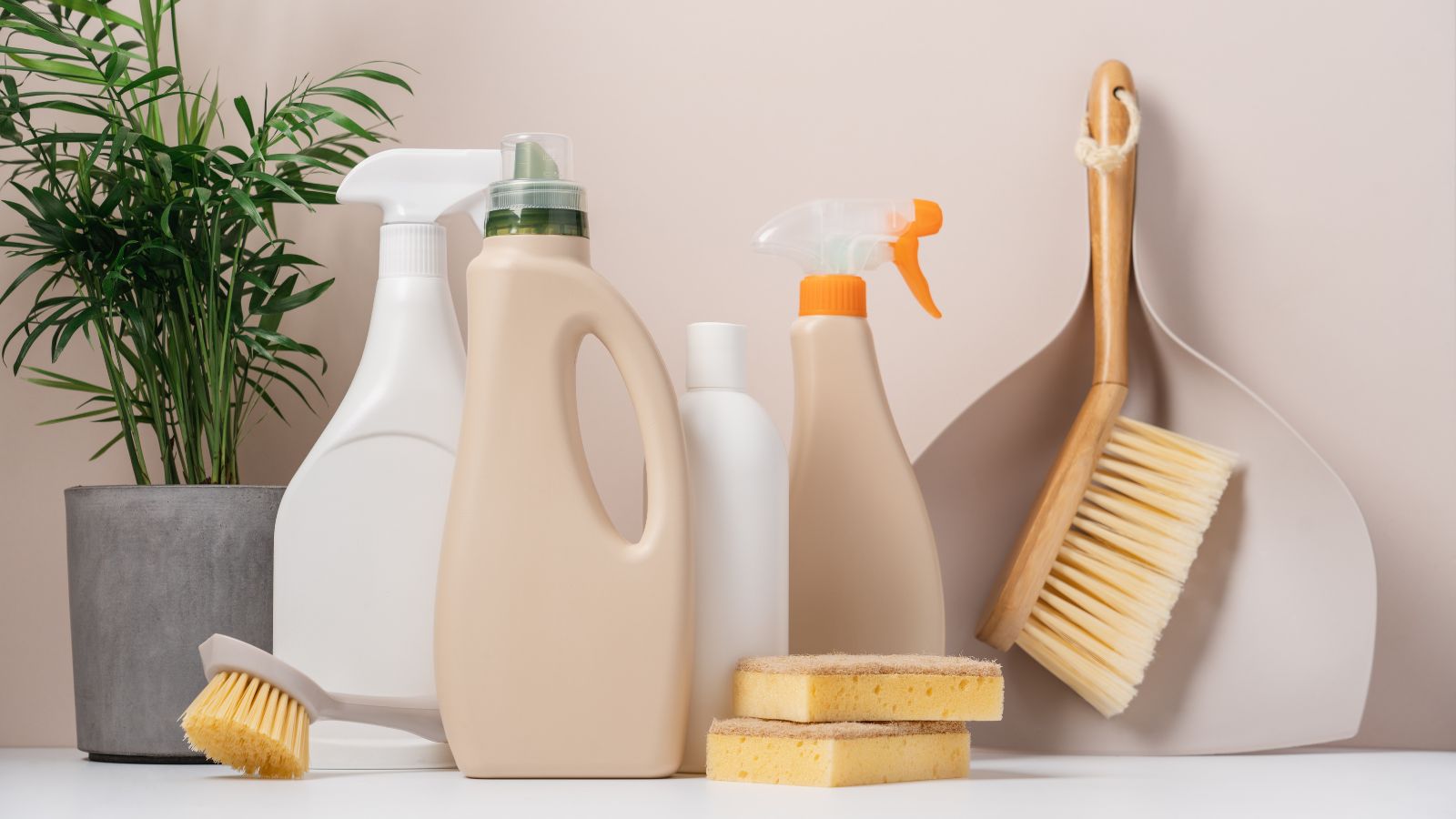
Those old cleaning supplies you have sitting around? They may only be partially used or a little off their expiration date, but they still shouldn’t be donated. Many charities won’t accept them for safety reasons, as opened containers can leak or become less effective over time. If you can’t use them up, dispose of them safely and in alignment with your local hazardous waste guidelines.
Old Towels and Sheets
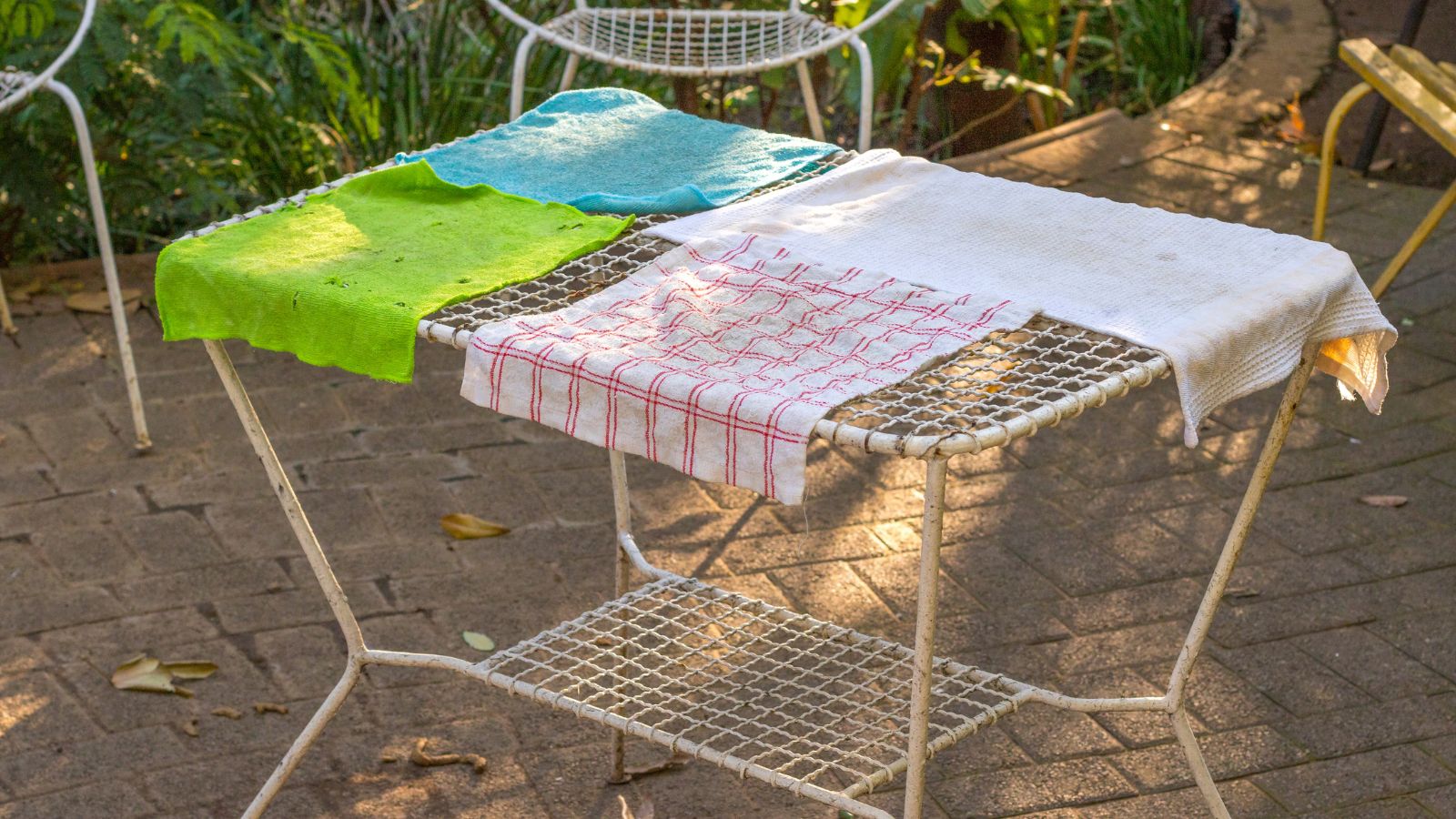
Some animal shelters do accept worn towels and sheets, but most donation centers won’t. Anything with stains, tears, or excessive wear really isn’t good for resale. If you can’t donate to a shelter, consider cutting them into cleaning rags or disposing of them.
Outdated Technology Manuals

Those old instruction booklets for gadgets you haven’t seen in years aren’t doing anyone any good. Thrift stores don’t need them, and they’re unlikely to help anyone without the corresponding device. Toss them straight into the recycling bin to free up some space.
Cracked or Chipped Dishes
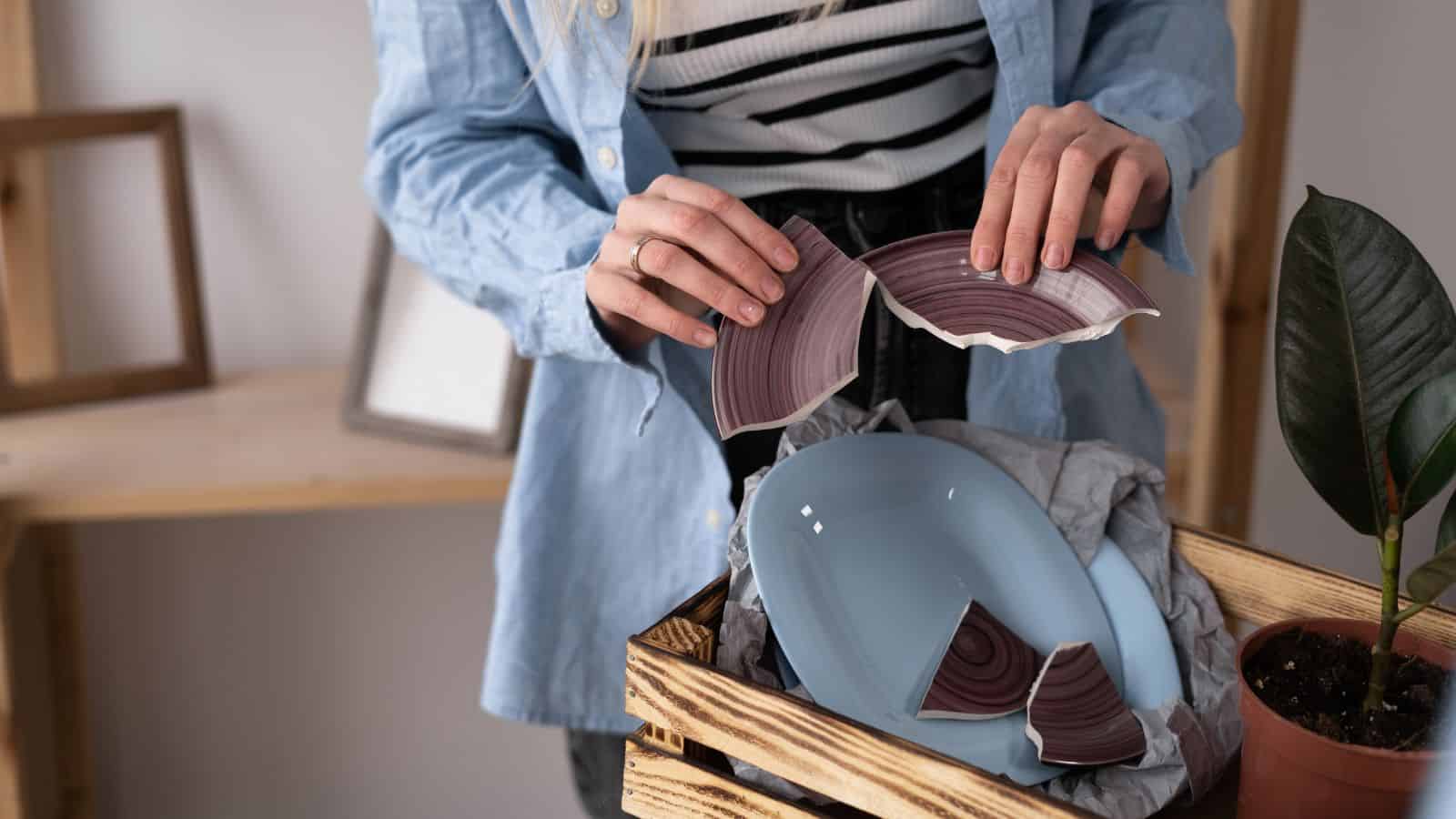
Any crockery that’s chipped, cracked, or otherwise damaged simply isn’t worth donating. It’s not only unsightly but can also be unsafe for others to use. Most charities won’t accept broken dishes, so recycle them if possible or throw them out if they can’t be salvaged.
